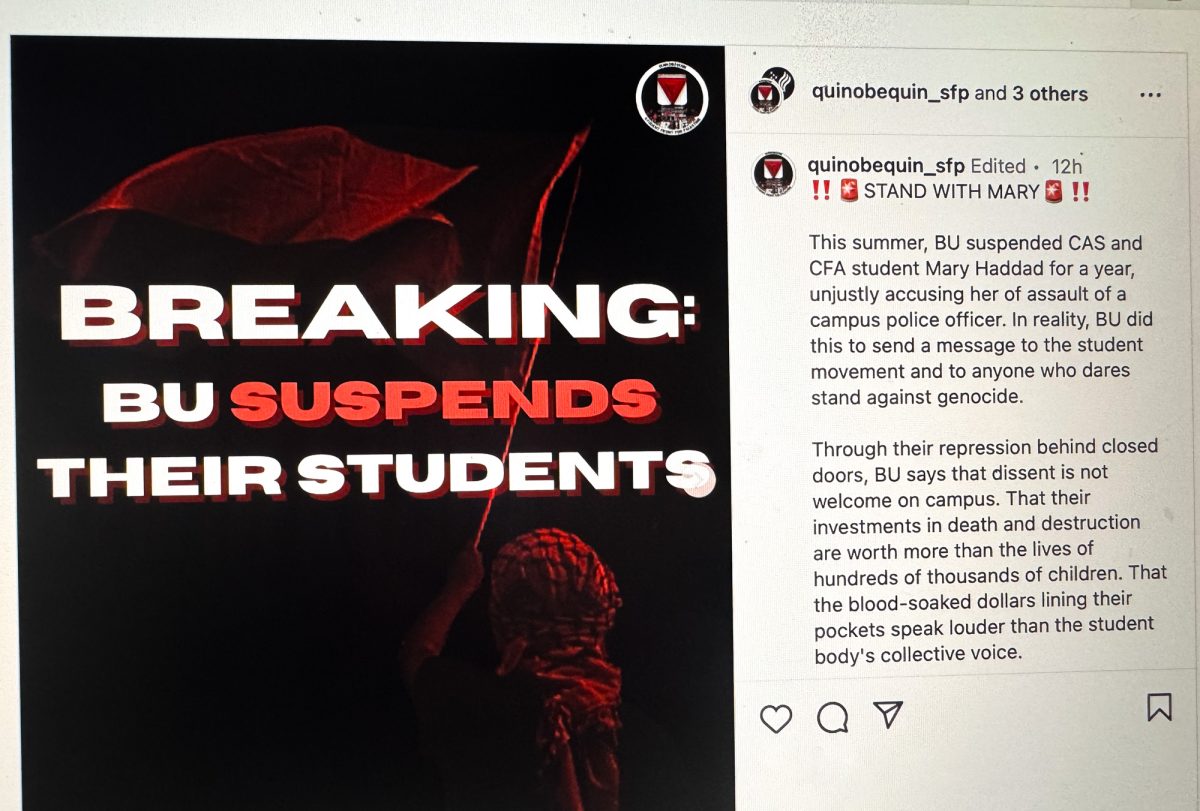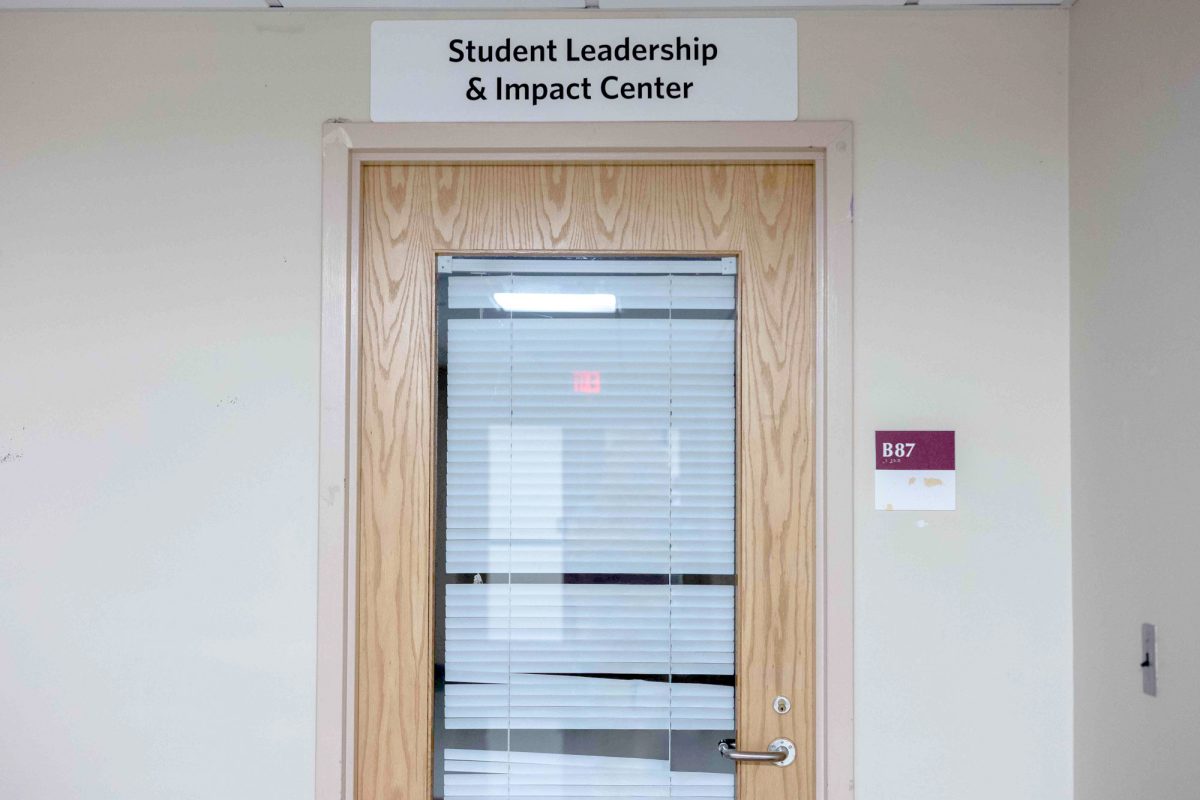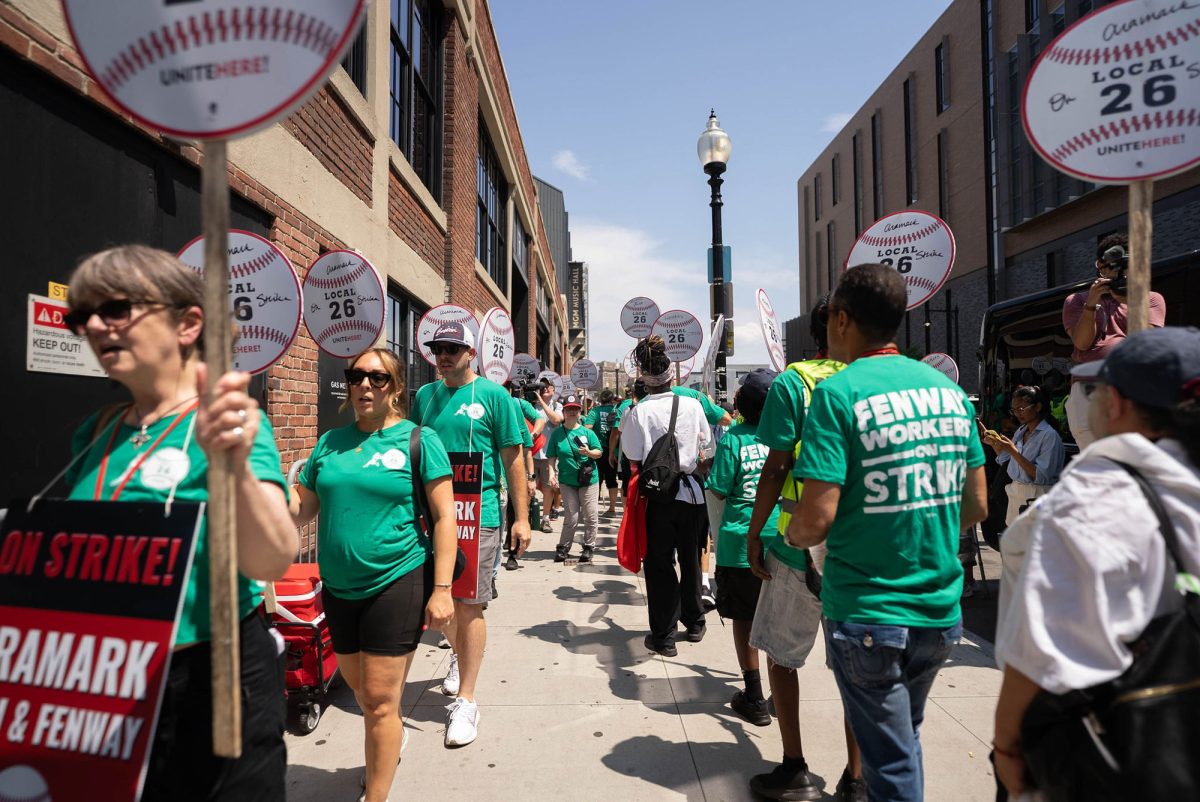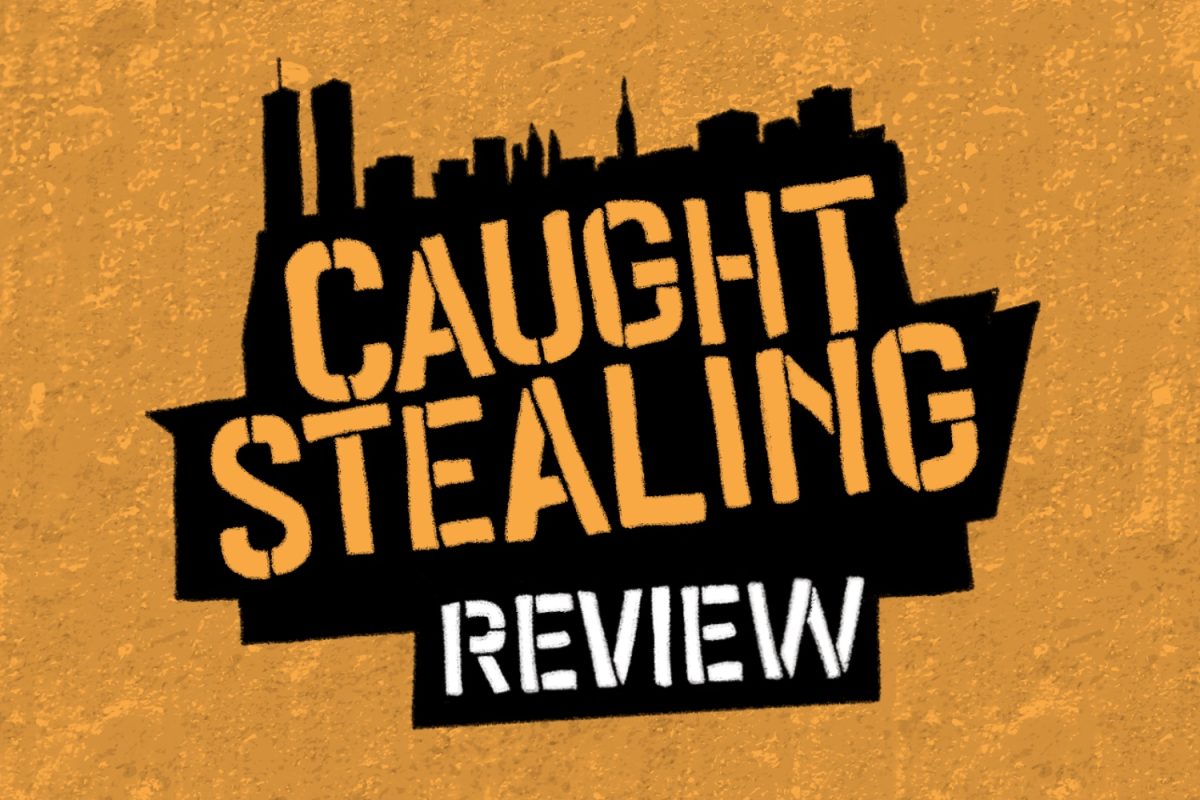In 1999, police officer Dennis White was accused of hitting, pushing and threatening to shoot his wife. He also told his daughter not to “startle me when you come up, cause I sleep with a gun under my pillow,” according to court documents.
White was issued a restraining order and forced to move out of his house, stay away from his family and surrender his service weapon.
White was sworn in as Commissioner of the Boston Police Department Monday by Mayor Marty Walsh. After the domestic abuse allegation resurfaced, he was put on administrative leave just two days later.
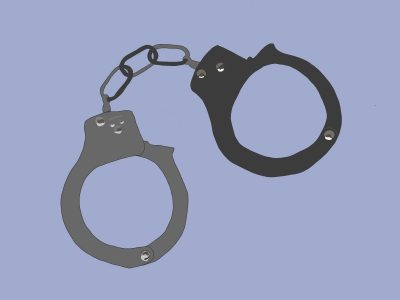
Boston city councilors are asking the same questions as the rest of us: How did this slip between the cracks?
There appears to have been no vetting process involved in the decision. Walsh had sole authority in finding and appointing a commissioner. This case is yet another example of the lack of accountability and transparency in police departments.
The New York Times also found in 2013 that officers often lost their job more over marijuana use — now decriminalized in the majority of the United States — than domestic abuse — which, aside from being an abhorrent act, demonstrates an inclination toward violence that is particularly risky to foster in police culture.
White’s case can’t be reduced to just a number. It’s uniquely horrifying that a member of the police force allegedly used his gun to threaten his spouse and daughter.
It’s even more chilling to know the same officer was allowed not only to continue to serve with a weapon but also climb the ranks and be appointed commissioner — the top police officer in the city.
White is an example of how police officers continue to get away with so much injustice. Our policing clearly needs systemic changes in its culture and consequences, or lack thereof.
But it’s not just how we deal with criminal activity within law enforcement. That abuse of power is tolerated and enabled to the point where it begins harming the lives the force swears to protect.
There need to be stricter gun laws and off-duty monitoring for police officers. These are the people who we trust to protect us. Off-the-clock cops who participated in the insurrection at the Capitol or who terrorize their own families should not be given the power and privilege of enforcing the law.
It’s also an issue of the quality and quantity of police training. The Boston Police Academy program — the training required to serve as an officer in the city — is only 29 weeks long.
Much of police academy training focuses on the physical, tactical and firearm aspects. It doesn’t leave much time to focus on, or fully cover, de-escalation tactics, crisis intervention, psychology or law — all of which police officers are expected to understand.
The only required education for Boston police officers — high school — can also be replaced by three years in the military. The requirements to be eligible are all physical, medical or age-related, with no inclusion of mental health, character or psychological screening.
Unless we improve the training and vetting process from the start, absolute power, plus the license to carry and use a firearm, will continue to corrupt officers.
Furthermore, police union contracts further protect officers who conduct criminal activity and abuse their power. Union contracts also dictate police overtime budgets — as it stands now, BPD’s are obscenely high.
Why should cops have access to a vast overtime budget, especially if they are ill-equipped to handle most dilemmas? Even a reformed and extended police training curriculum cannot replace specialized training, such as how to respond to domestic abuse calls and sexual assault cases, as well as how to work with those with mental illnesses or who experience homelessness.
Police officers are especially unable to help mentally ill people, and it can result in avoidable fatalities. Last month, Newton police shot and killed resident Michael Conlon, who was experiencing a mental health crisis.
Police are simply not trained to handle all these areas — and they shouldn’t have to be. As the Boston Police Reform Task Force continues to reshape the BPD, these duties should be reassigned to social workers instead.
In the meantime, while we’re working on reform, the city should implement yearly external reviews, psychological interviews and background checks to ensure police officers are held to a higher standard. If you are tasked with using a deadly weapon routinely for years, it could be psychologically harmful as well.
Conducting those check-ins will hold officers accountable and evaluating their psychological fitness more stringently will keep them and their communities safe — we can no longer let the power of police officers go unchecked.

